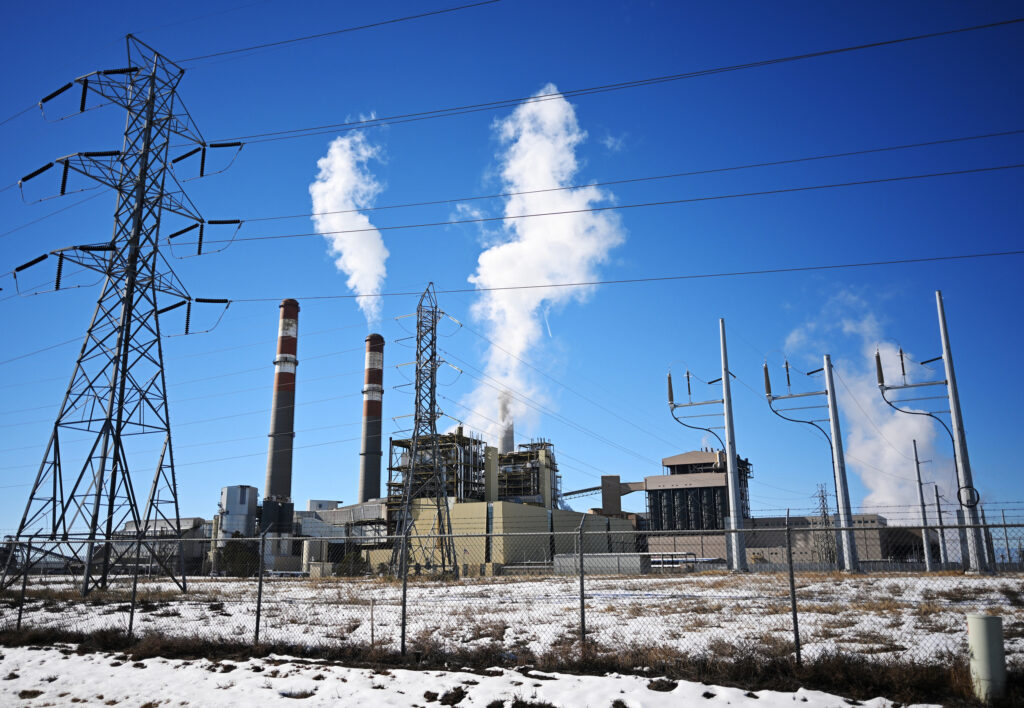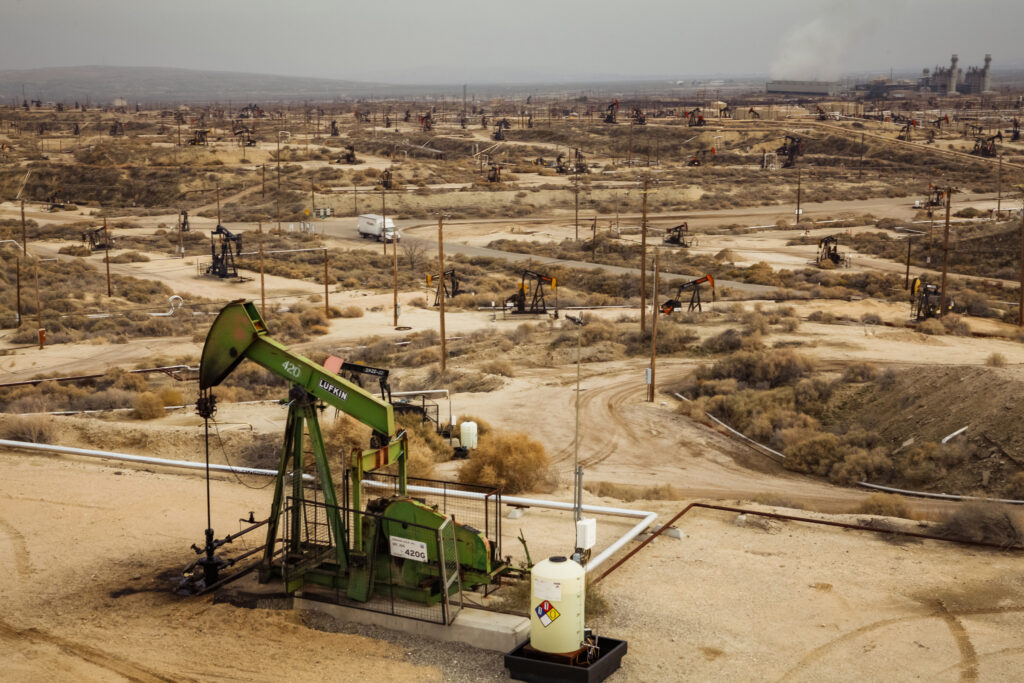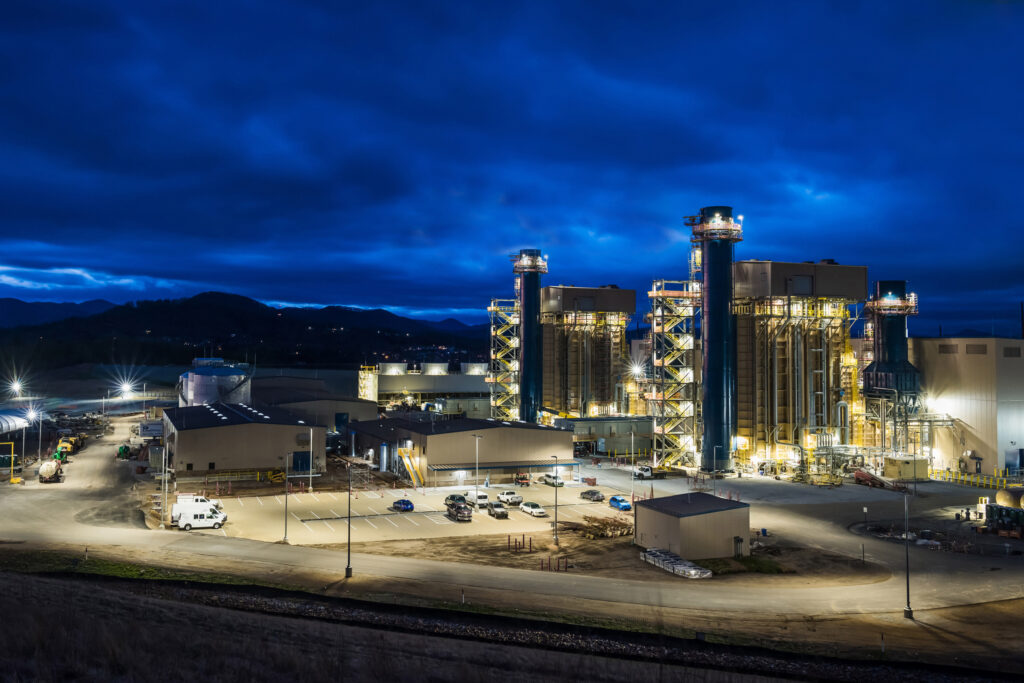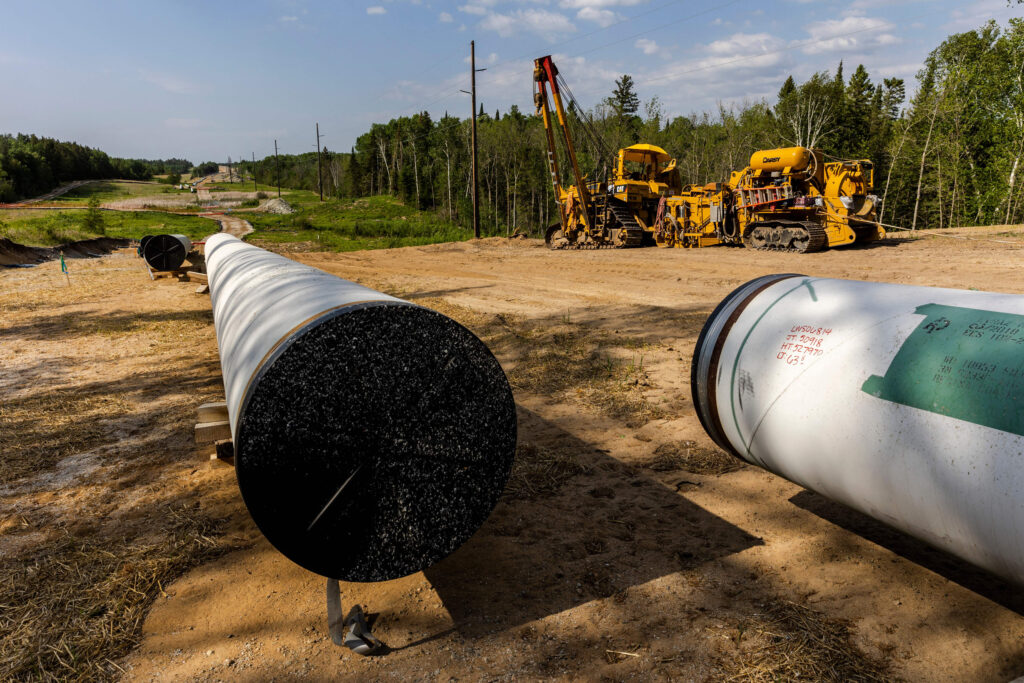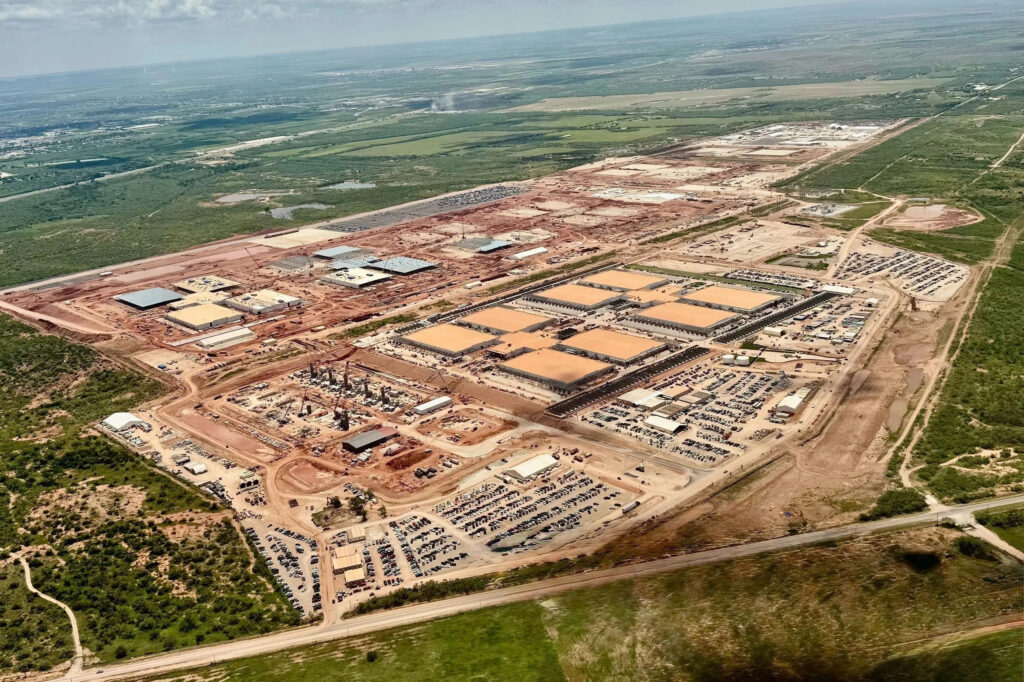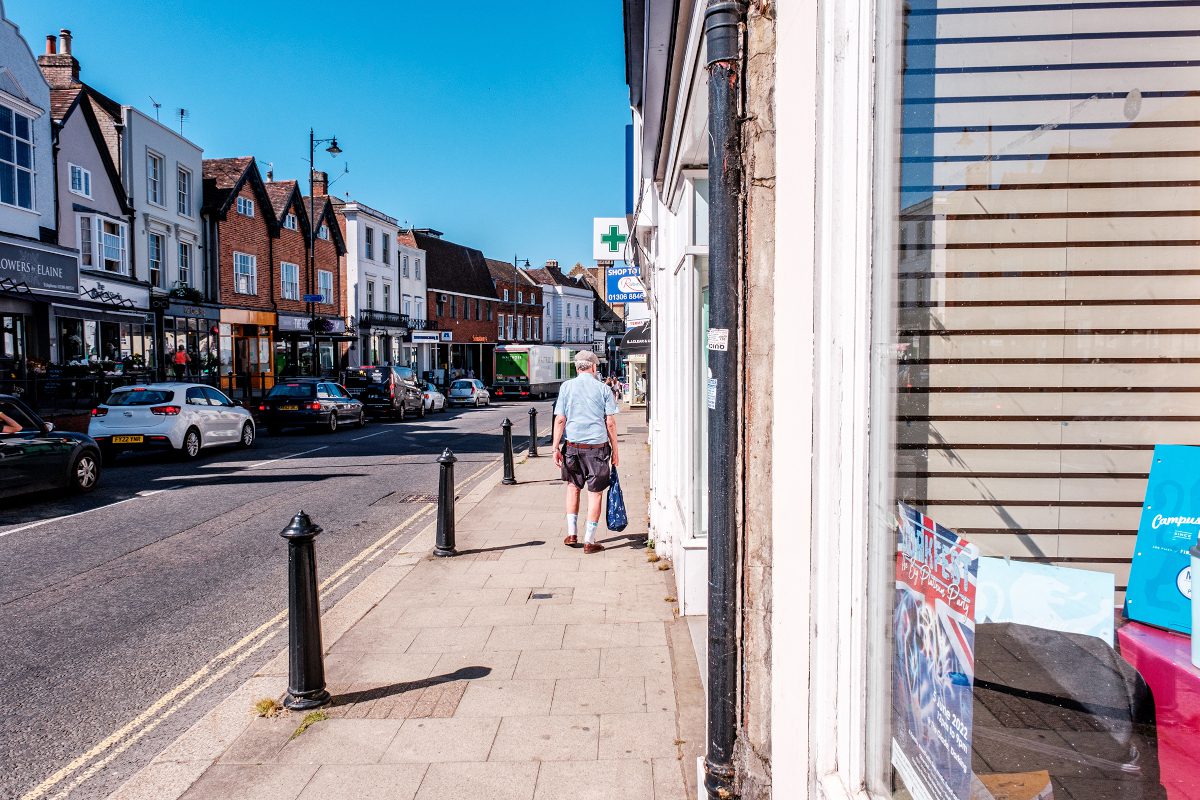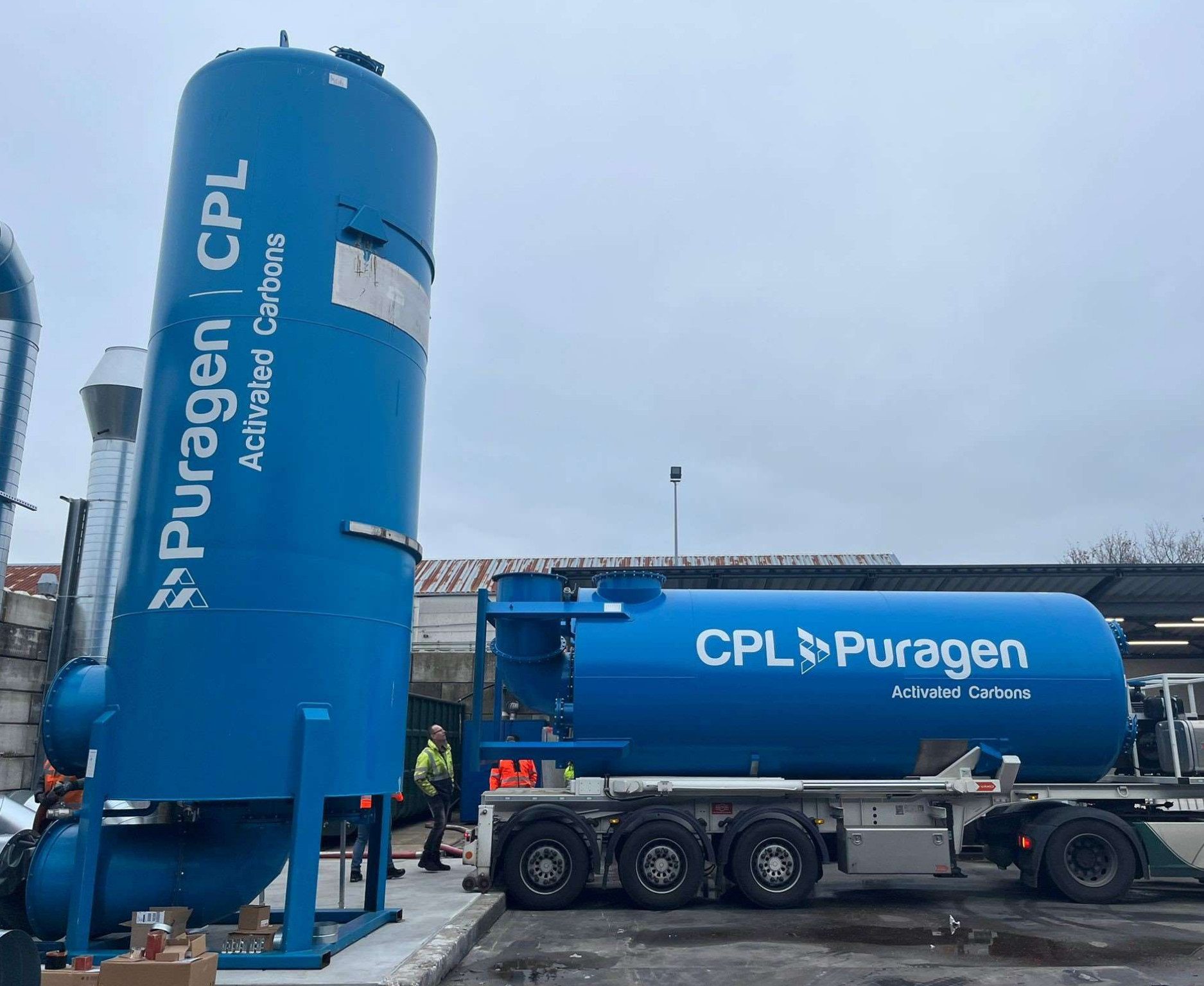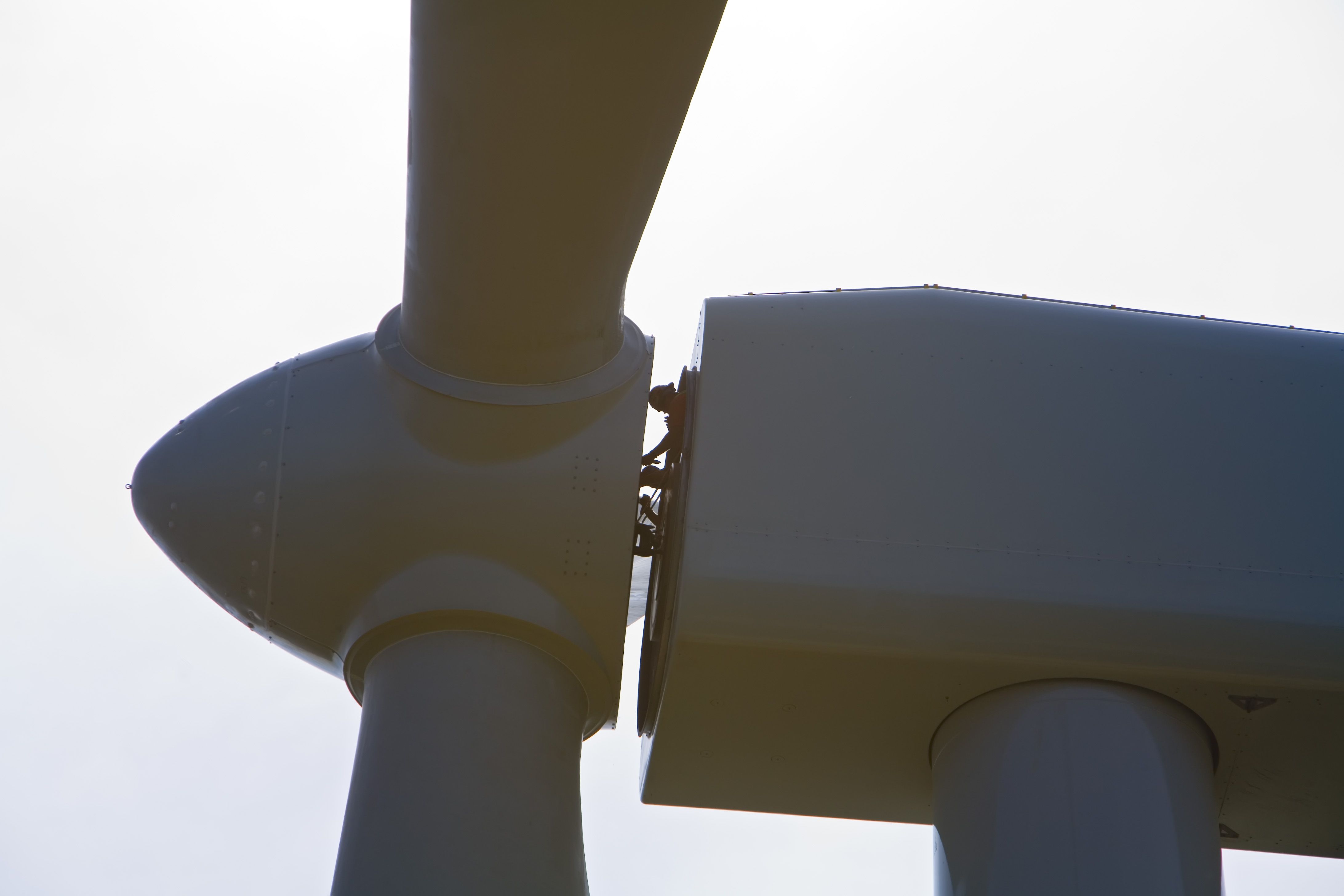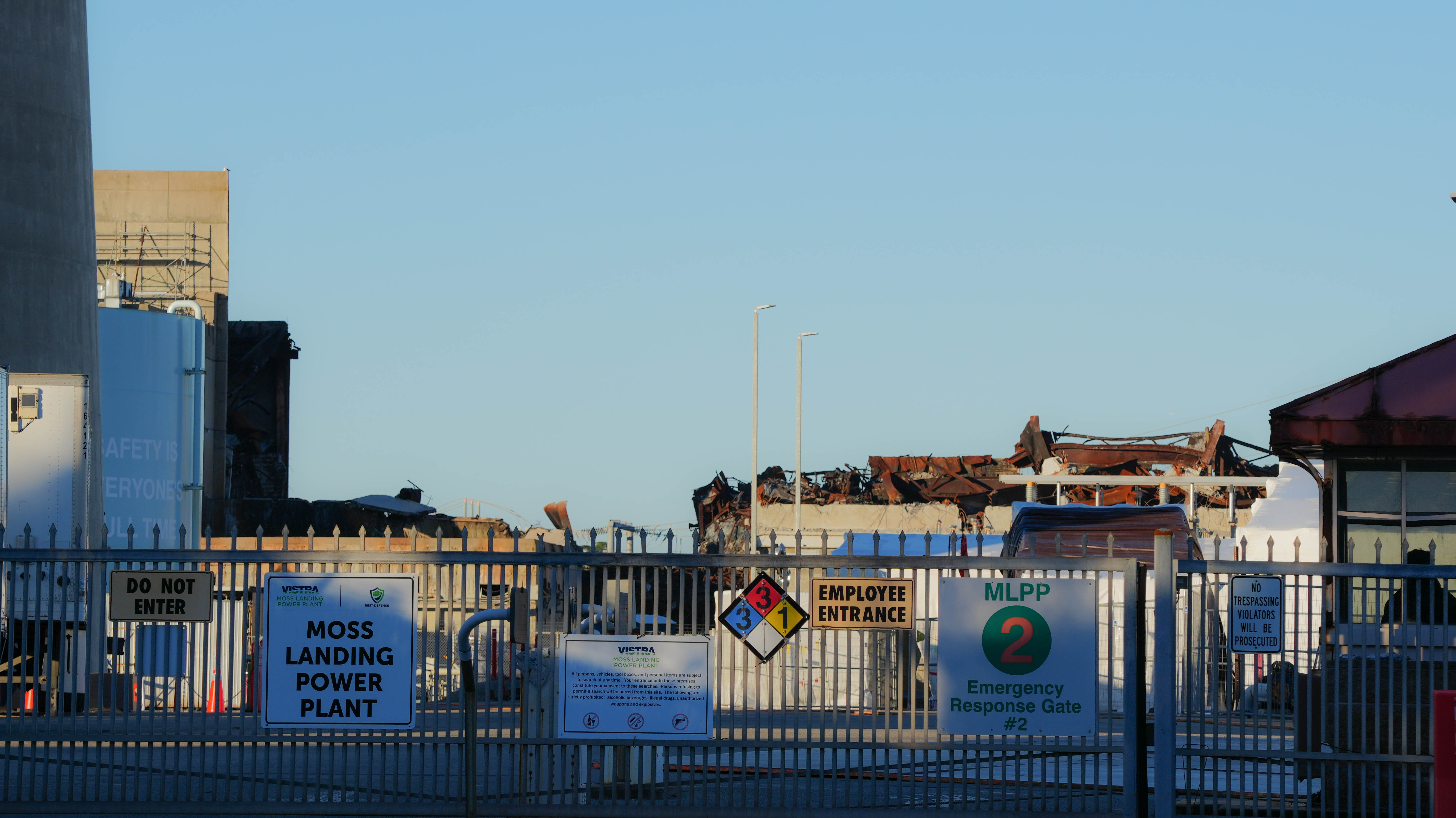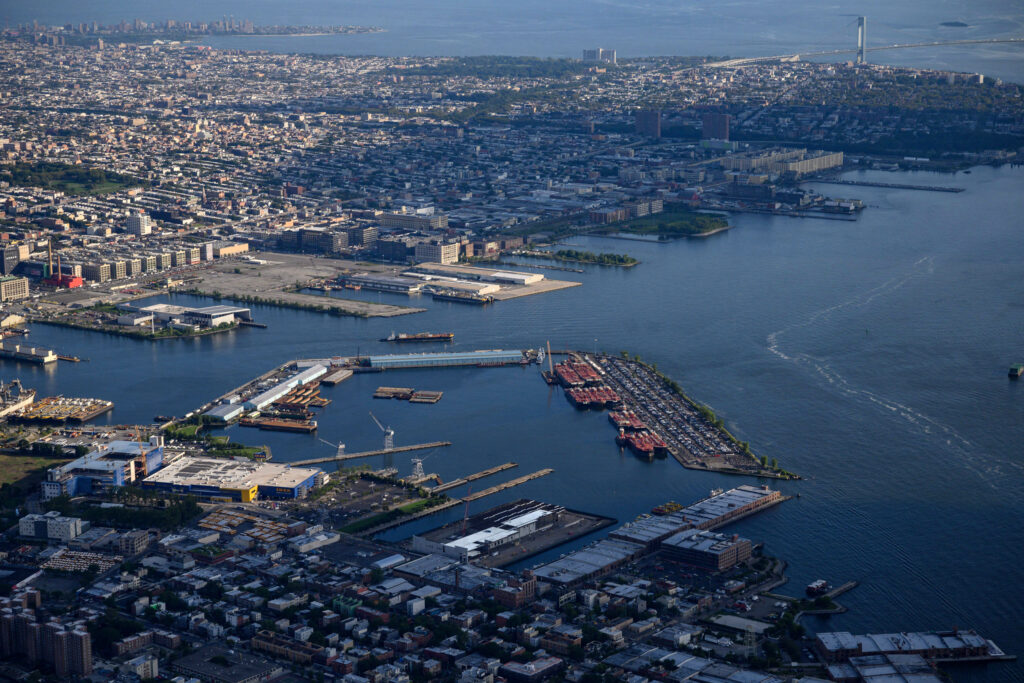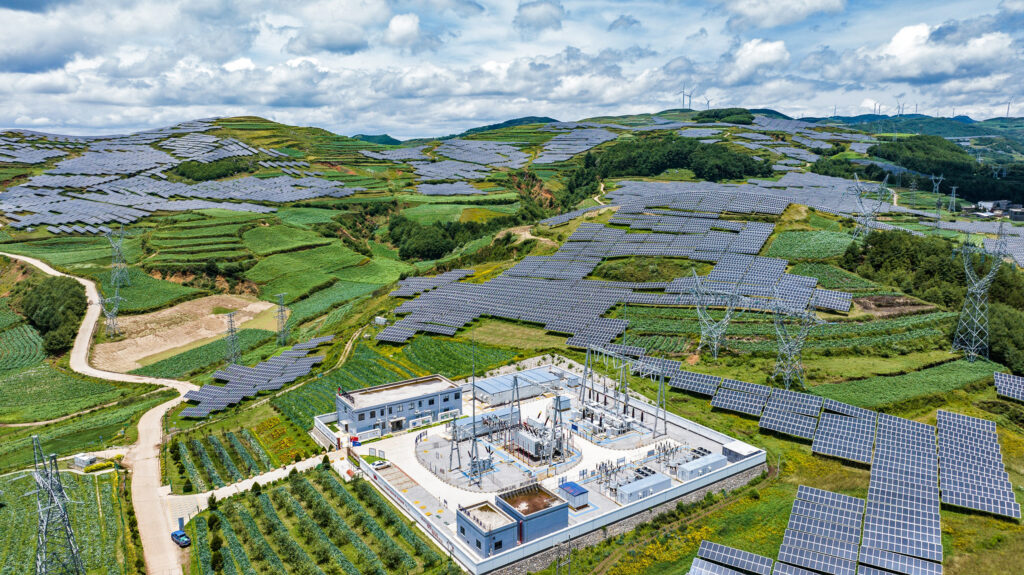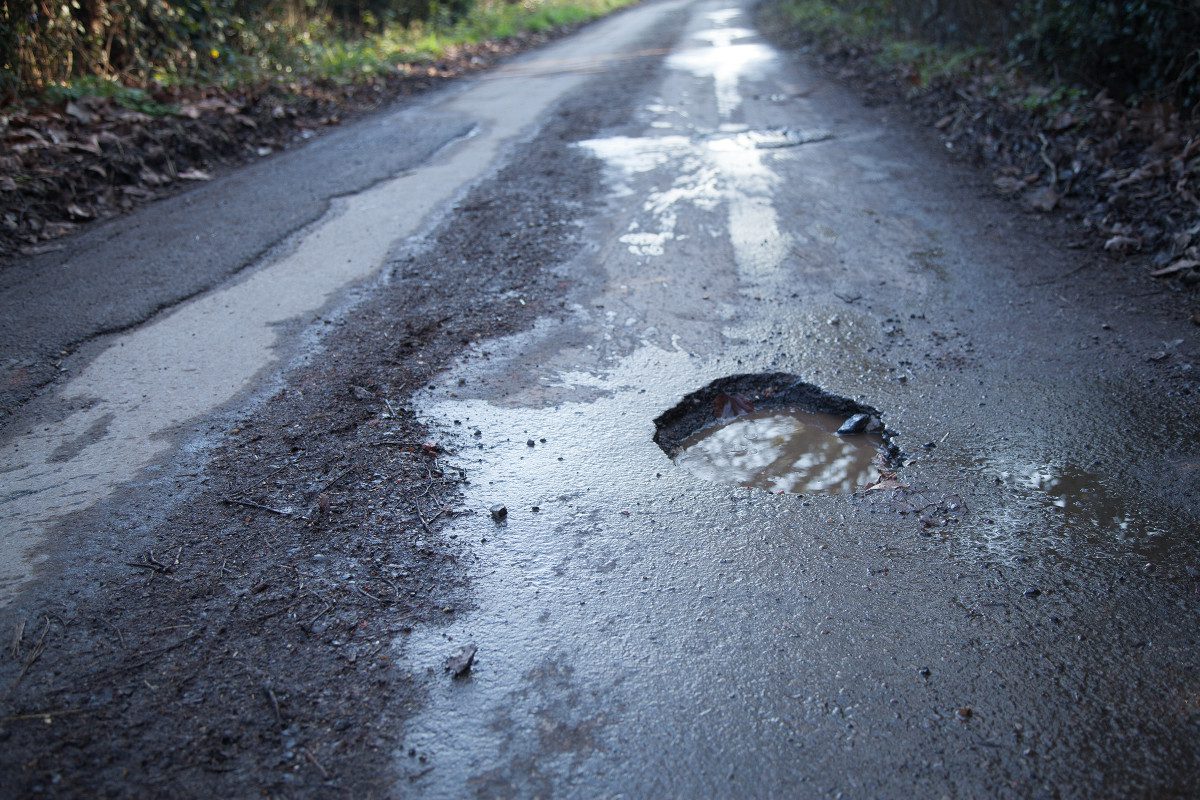PHILADELPHIA—The company redeveloping the site of what had been the biggest oil refinery on the East Coast has finalized an agreement with 16 community groups to cut carbon emissions, raise the site above the expected level of rising seas and provide at least $8.2 million in assistance to boost the local economy.
HRP Group, owner of the newly named Bellwether District, said Monday that it agreed to a community benefits commitment with grassroots groups after 18 months of negotiations. The company said it will continue to remove petroleum-related contamination after demolishing a vast amount of refinery infrastructure that stood on the 1,300-acre site since the 1860s.
The Chicago-based company also promised to work with the community groups representing residents whose health was hurt by generations of living near the refinery, the largest single source of air pollution in the city of Philadelphia. The refinery closed in 2019 after a catastrophic explosion and fire forced the bankruptcy of its final owner, Philadelphia Energy Solutions.
The site is due to become a center for logistics and life sciences. The first of at least 12 warehouses covering millions of square feet is under construction.
Explore the latest news about what’s at stake for the climate during this election season.
Although residents of the majority Black neighborhoods around the site have welcomed the end of oil refining there, some worry about the harmful diesel fumes from the thousands of trucks that will serve the incoming warehouses. They also say their health continues to be threatened by plumes of petroleum products such as benzene that escaped into soil and groundwater after more than a century of explosions and spills, and which they say have not been fully cleaned up by the new owner.
Philly Thrive, a vocal community group that supported HRP’s purchase of the site in 2020 because it proposed a redevelopment not based on fossil fuels, said the community benefits agreement doesn’t do enough to address current and future pollution sources. Philly Thrive did not sign the document.
“We’re concerned about all these warehouses; we need to do something to mitigate all that truck pollution,” said Alexa Ross, the group’s campaign coordinator. In an interview at a Philly Thrive event near the refinery site on Saturday, Ross said the agreement represented a loss for her group, and argued that other organizations signed on because they welcomed some concessions after decades of being ignored by refinery owners.
“Groups are so used to having nothing that there is this panic about being left out,” Ross said. “People signed because they didn’t believe that anything could be won that was better.”
The company’s promises include $3.5 million for training and apprenticeship programs in partnership with the School District of Philadelphia; $2 million in other workforce programs, such as one for women; and $100,000 for tree planting in southwest Philadelphia.
“We are so pleased to share this community benefits commitment, which doubles down on our three pillars of community, environmental, and economic sustainability, and we are grateful to the organizations that are joining us in building a more sustainable future for South and Southwest Philly,” Roberto Perez, chief executive of HRP, said in a statement.
HRP, formerly Hilco Redevelopment Partners, said it has removed 18.5 million gallons of petroleum product, 260,000 gallons of light non-aqueous phase liquids, 344 above-ground storage tanks and 137,000 feet of pipeline in its renovation so far. It’s addressing contamination on some parts of the property through excavation and off-site disposal.
But the company said those methods won’t work in other areas, where it is instead capping soil, fitting it with systems to reduce vapor intrusion or restricting future use.
“Diffuse soil and groundwater contamination associated with the property’s long industrial use and historical filling activities is present throughout the property and is not suitable for localized remediation like excavation or in-place treatment,” HRP said in a statement.
The site adjoins the tidal Schuylkill River. HRP said it is working to raise the land above the 100-year flood level, as designated by the Federal Emergency Management Agency, and to increase the level around planned buildings so they will sit above the 500-year floodplain. The company plans to do so by moving soil from higher parts of the site.
But Clean Air Council, a Philadelphia-based environmental group, said this spring that the planned construction of millions of square feet of warehousing on a site next to the flood-prone Schuylkill River might worsen flooding in surrounding neighborhoods, especially given the bigger downpours that are coming with climate change.
“South Philadelphia residents deserve an accurate accounting of the flooding impacts that Hilco’s proposed redevelopment will bring as the Schuylkill River continues to flood during large rain events, like in late December 2023,” Clean Air Council wrote in a letter to supporters.
The new HRP agreement includes a company commitment to promote the use of electric vehicles, build to LEED green-building specifications and create 6 million square feet of solar-panel space on warehouse roofs, enough to generate 60 megawatts of power, the company said.


After decades when residents complained of being ignored by successive refinery owners, HRP promised to involve a Community Advisory Panel of local groups in its development decisions.
“By engaging with the CAP on a quarterly basis, the developer demonstrates a commitment to not just inform but also actively listen and respond to community concerns and suggestions, providing that the CAP commits to providing the developer with reasonable and tangible advice,” the agreement said.
Last week, the Philadelphia City Council unanimously approved a 10-year extension of potential tax breaks for tenants of the redevelopment site, stretching to 2043. The concessions, which must still be approved by the Philadelphia public school district, would be granted under the Keystone Opportunity Zone, a state program incentivizing development of under-utilized sites.
Council President Kenyatta Johnson defended the tax breaks, which he said will encourage the creation of thousands of jobs for local people.
“This economic development initiative will generate more than 18,000 jobs,” Johnson told reporters after the vote. “I don’t look at this as a tax break, I look at it as a tax investment for job growth and development.”
He also praised the company for buying and shutting down an above-ground tank farm next to the refinery site, rather than selling it to a bidder that could have worsened air emissions.
But Ross, with Philly Thrive, sees the overall plan and its community benefits agreement as a form of environmental injustice to long overburdened residents. A new Philly Thrive unit called the People’s Environmental Justice Enforcement Agency issued symbolic violations to HRP.
“This is a live study of the energy transition in the United States of what happens to the low-income communities of color that have been enduring the pollution for so long,” she said. “This is a precedent-setting moment, so the agency will be continuing to serve violations of environmental justice. We will continue to raise the violation of these issues from the flooding to the warehousing pollution.”
About This Story
Perhaps you noticed: This story, like all the news we publish, is free to read. That’s because Inside Climate News is a 501c3 nonprofit organization. We do not charge a subscription fee, lock our news behind a paywall, or clutter our website with ads. We make our news on climate and the environment freely available to you and anyone who wants it.
That’s not all. We also share our news for free with scores of other media organizations around the country. Many of them can’t afford to do environmental journalism of their own. We’ve built bureaus from coast to coast to report local stories, collaborate with local newsrooms and co-publish articles so that this vital work is shared as widely as possible.
Two of us launched ICN in 2007. Six years later we earned a Pulitzer Prize for National Reporting, and now we run the oldest and largest dedicated climate newsroom in the nation. We tell the story in all its complexity. We hold polluters accountable. We expose environmental injustice. We debunk misinformation. We scrutinize solutions and inspire action.
Donations from readers like you fund every aspect of what we do. If you don’t already, will you support our ongoing work, our reporting on the biggest crisis facing our planet, and help us reach even more readers in more places?
Please take a moment to make a tax-deductible donation. Every one of them makes a difference.
Thank you,





